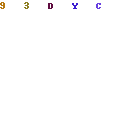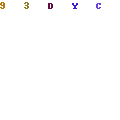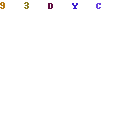
Strategies for Effective English Learning
Australian methodologist Andrew Weiler, with 30 years of experience working with students and translate sunda, has developed effective methods for learning a foreign language. All his developments and programs are aimed not only at effective language learning, but also increase spiritual growth in the development of a person’s personality.
Weiler’s teaching methodology is aimed at learning English as a second language. And in his work, he singles out students who have become successful in their learning. They were those who:
1. wanted to study wholeheartedly. Such people perceive information with a greater desire, have fewer filters and interference that would interfere with its assimilation. They have an increased desire to learn and memorize information, they wholeheartedly want to achieve their goal.
2. were ready to perceive the connection between word and deed. Such students do not fixate on the question “why it is so”, they simply connect their feelings to this task. More often than not,

explanations do not lead to effective perception. For example, you can give an example with a child. A one-year-old child saw his father flip the switch and the light turned on. And then dad flipped the switch again and the light went out. After a few seconds, the child will come to the switch and will try to repeat dad’s manipulations. This is the kind of training we have done and still do. This is the way to approach language learning. Self-learners tend to use this kind of learning, and people who are stuck in learning rely on teachers’ explanation, research, cramming – which kills the desire to learn and develop in learning.
3. works on his pronunciation, wanting to be easily understood. This work also requires close attention to what is happening inside us. It is necessary to learn to do things differently than we used to do from childhood (to hear and pronounce the sounds that we know from childhood). But some cannot do this, but only repeat what they already know.